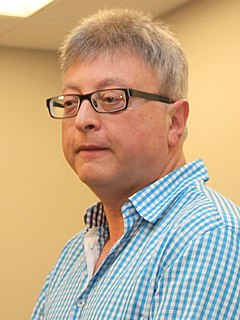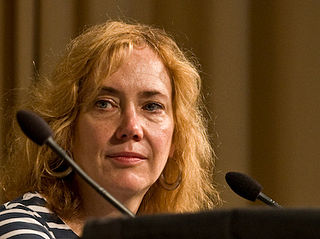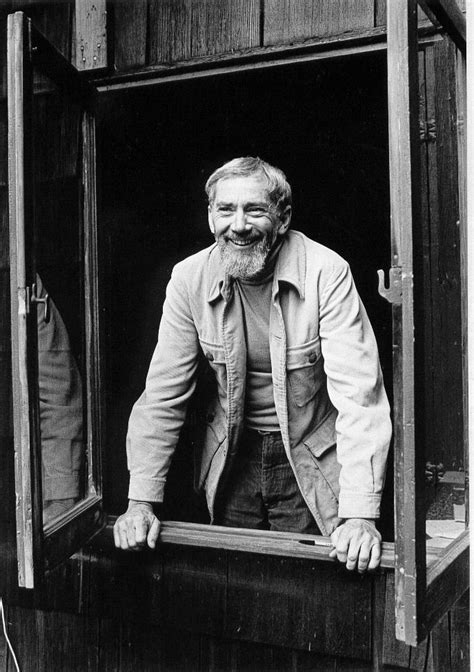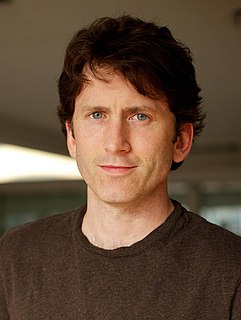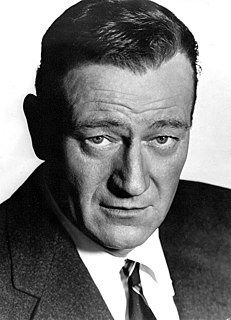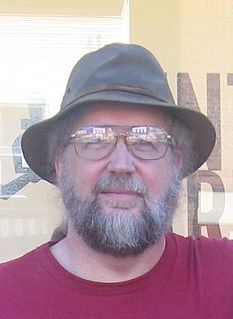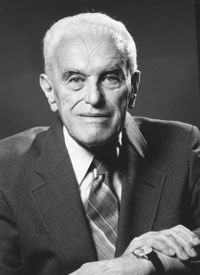A Quote by Jayne Ann Krentz
The negative attitudes toward the genres - romance, science-fiction, westerns, suspense, etc. - are fallout from the academic world's long-standing fascination with existential philosophy and modern theories of psychology and sociology.
Related Quotes
All around us, aspects of the modern world - diet, exercise, medicine, art, work, family, philosophy, economics, ecology, psychology - have begun a long circle back toward their former coherence. Whether they can arrive before the natural world is damaged beyond repair and madness destroys humanity, we cannot tell.
If I would had been born years earlier, I would have been in all the Westerns. It's just the way that the industry goes. But now, we are in an age of a lot of different kinds of fears, and you have the science fiction and horror genres doing our morality plays the same way that they would have done in Westerns. I absolutely accept it. In every respect, fantasy is like doing abstract paintings.
Don't ever for a minute make the mistake of looking down your nose at westerns. They're art - the good ones, I mean. They deal in life and sudden death and primitive struggle, and with the basic emotions - love, hate, and anger - thrown in. We'll have westerns films as long as the cameras keep turning. The fascination that the Old West has will never die. And as long as people want to pay money to see me act, I'll keep on making westerns until the day I die.
What keeps me up at night in a negative way is, if we don't solve the problems of the human heart and of the human head, of human psychology, there is no technological solution so great that it can prevent the world that is coming, and a world of suitcase bombs or of the ability to pollute the planet in a way that it cannot recover, of global warming and the rest. We've created through science and technology a different world that has frightening sides to it, and psychology and behavioral science has to be part of this. We're going to have to find a way to humanize the culture itself.

